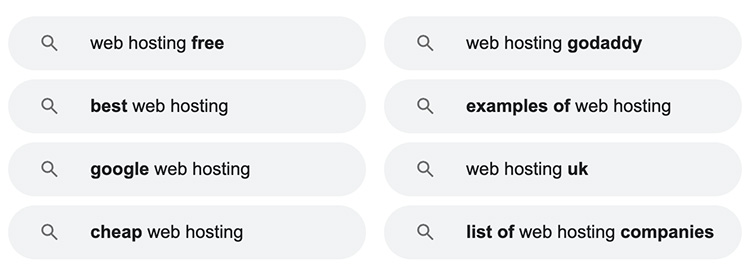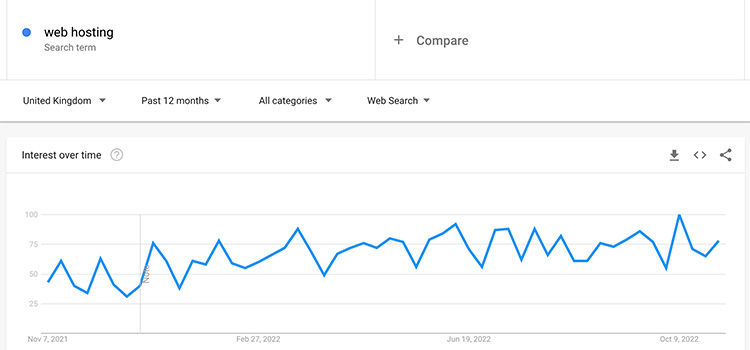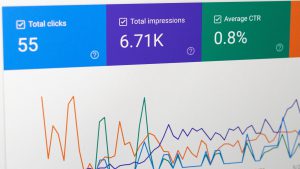Optimising your website for organic searches is one of the most important things you can do to improve your search engine results. But it can be difficult to figure out where to begin. Here are a few tips to help you build up a great keyword strategy for your site.
Think about what you would search for
What would you search for if you wanted to get to your website? What phrases would you use? What terms do you use in search engines when you’re looking for things?
Use this as the basis of your keyword research. You know what’s on your website, and you know what you want people to search for in order to find it. It’s not the be-all and end-all of your keyword strategy, but it makes for a great start.
Use a keyword research tool to find new keywords
Once you know what keywords you would use, find a good keyword research tool to find new related keywords.
The easiest option is to put your keywords into Google and then scroll down to the bottom of the page. You’ll see Related Searches, including specific keyword phrases. Many of them will be variations on your existing keywords, but there can be a few surprises to take your keyword strategy into new and exciting directions.

Look at the search volume for those keywords
Once you have a list of your potential keywords, it’s time to see which are regularly searched for. Google Trends is a great starting point, as it’ll show you how many people have been searching for those terms, and you can also focus on regions for even more precise data.
You’ll probably find a few keywords that everyone has been searching for. While you can’t ignore those keywords, pay more attention to the keywords that have fewer searches. This means you can carve out a specific niche for your customers, and with fewer results, they’ll be more likely to click on your site.

Think about longer search terms
As part of looking at related searches and search trends, think about longer search terms. Often, people put in full questions when they’re searching for something, and while you don’t need to put the entire question in, it can give you a great guide for longer keyword phrases. Longer search terms also tend to have fewer searches, which ties back to creating a specific niche for your site.
Come back to your keywords repeatedly
Once you have a good idea of what keywords you want to use on your site, you can’t just leave it there. Regularly go back to your keyword research and see what new trends have emerged. Use your analytics data to see what phrases people are using to actually click through to your website, then repeat your research with those words to see what would work best for you.
Keep at your keyword research, and you’ll have great results over time!


